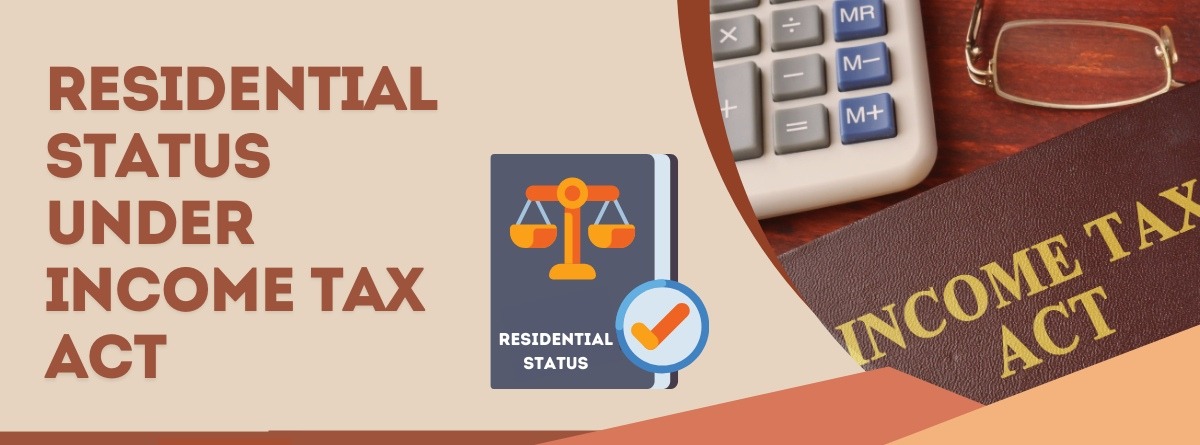@JUDGMENTTAG-ORDER
1. The plaintiff filed a suit in the lower Court for a declaration that he is the sole owner of the suit property to the exclusion of the defendant. He
based his claim on Ex. A-1, a gift deed executed by his father on 20-5-1959. The first defendant who is the brother of the plaintiff also rested his
claim to the suit property on a gift deed Ex. B-1 dated 20-3-1964. The defendant''s case is that no possession was handed over by the father to
the plaintiff pursuant to the gift deed Ex. A-1 and that, therefore, it was not acted upon the there later gift under Ex. B-1 is valid and operative and,
therefore, he is entitled to the suit property to the exclusion of the plaintiff. Whilst the suit was pending, the plaintiff filed an application for the
appointment of a Receiver of the suit properties which are admittedly in the possession of the defendant. His only ground is that the defendant is
not possessed of considerable properties and the plaintiff''s apprehension is that in case he succeeds in the suit, he will not be in a position to realise
the mesne profits from the defendant. This appears to be the sole ground which prompted both the Courts to appoint an Advocate-Receiver for
the suit property.
(2) It is seen from the records that the net income that the suit properties are fetching as on date appears to be about Rs. 60. The Receiver''s
remuneration is fixed at 5 per cent and it will he very difficult and indeed very inconvenient for an Advocate-Receiver to take charge of the suit
properties on such a meagre remuneration. That apart, the more important question is whether a case has been made out by the petitioner for the
appointment of a Receiver under Order 40, Rule 1. Order 40, Rule 1, C.P.C., postulated that not only a case should be made out by the petitioner
that it is just and convenient for the Court to appoint a Receiver but he should also make out a prima facie allegation that the person in possession
of the suit property is committing deliberate and open acts of waste. There is no such allegation here. The plaintiff, however, states that the
defendant who is in possession is not possessed of means and, therefore, he may not be in a position to recoupe the mesne profits if once he
succeeds after trial.
(3) Mr. T.R. Ramachandran, learned counsel for the petitioner, brought to my notice a Bench decision of our Court in Ry. Sivaji Raja Sahib and
Another Vs. Ry. V. Aiswariyanandaji Sahib and Others, , which is directly on the point. The learned Judges observed that poverty or insolvency of
a trustee is not a ground for the appointment of a Receiver unless there be in addition thereof some danger or loss to the estate. Therefore,
Receivers over suit properties ought not to be appointed for the mere asking for by one or other of the parties to the litigation unless some
allegation as to waste or some prima facie proof as to detriment to property is established. In this case, there is this additional factor that the
defendant himself is in possession of the suit property under cover of Ex. B-1 an equally efficacious registered instrument of gift executed his father
in his favour in 1964. He, therefore, claims prima facie title to the property as well. It is also an indisputable proposition that such possession with
parties who have a prima facie title to the same ought not to be disturbed pending disposal of the suit. On both the grounds, I am satisfied that it is
neither just nor convenient in the instant case to disturb the possession of the properties now admittedly remaining with the defendant.
(4) The order of the learned District Judge, North Arcot, in C.M.A. No. 88 of 1965 is, therefore, set aside. There is no appearance for the
respondents. There will be no order as to costs.
(5) Petition allowed.

